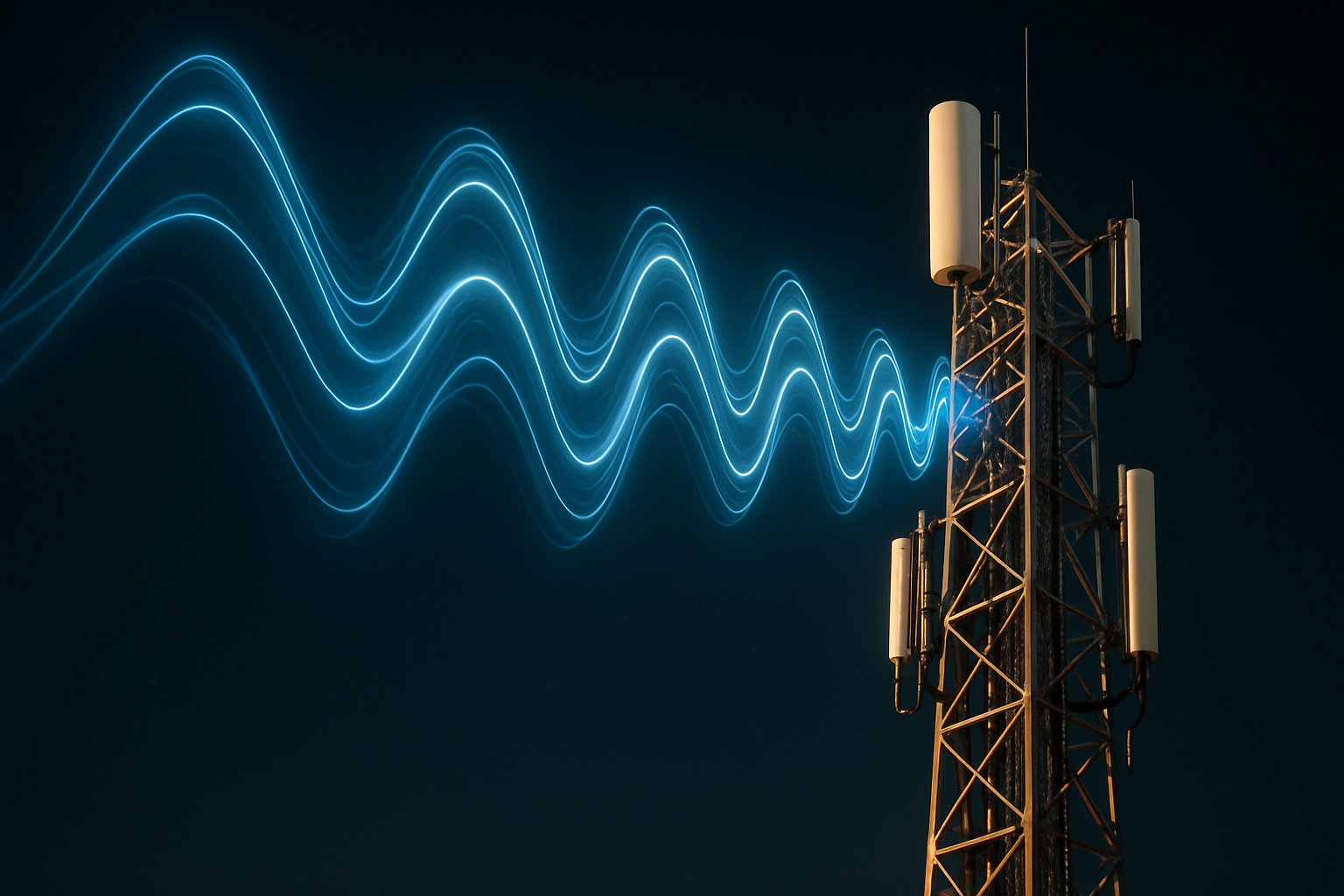The Silent Dance: Introverts in an Extroverted World
Read below to discover how introverts are navigating and reshaping social dynamics in our increasingly loud and connected society. From workplace transformations to evolving social norms, this exploration unveils the quiet revolution happening beneath the surface of our extrovert-centric culture.

The Introvert’s Renaissance
Historically, Western societies have placed a premium on extroverted traits. The loud, the charismatic, and the outgoing have long been celebrated as ideal leaders and social figures. However, recent years have seen a dramatic shift in this perception. Books like Susan Cain’s Quiet: The Power of Introverts in a World That Can’t Stop Talking have sparked a global conversation about the value of introversion. This newfound appreciation is not just anecdotal; it’s backed by research showing that introverts bring unique strengths to the table, including deep thinking, careful decision-making, and empathetic listening skills.
Reshaping the Workplace
The traditional office environment, with its open floor plans and emphasis on group brainstorming, has long been a challenge for introverts. However, the COVID-19 pandemic accelerated a work-from-home revolution that has proven particularly beneficial for introverted employees. Companies are now recognizing the need for flexible work arrangements that cater to different personality types. This shift is not just about accommodation; it’s about harnessing the full potential of a diverse workforce. Studies have shown that introverts often excel in roles requiring deep concentration and independent problem-solving, leading many organizations to rethink their approach to team structure and communication.
The Digital Paradox
Social media presents a unique paradox for introverts. On one hand, it offers a platform for expression without the energy drain of face-to-face interaction. On the other, it can create pressure to maintain a constant online presence. Interestingly, many introverts have found creative ways to navigate this digital landscape. They’re using these platforms not just for social connection, but for thought leadership and creative expression. Blogs, podcasts, and niche online communities have become havens where introverts can share ideas and connect with like-minded individuals on their own terms.
Redefining Social Norms
As society gains a better understanding of introversion, social norms are slowly shifting. The pressure to attend every social gathering or to network aggressively is giving way to a more nuanced view of social interaction. Concepts like JOMO (Joy of Missing Out) are gaining traction, challenging the long-standing fear of missing out (FOMO) that has driven much of social behavior. This shift is not about promoting isolation but about recognizing the value of selective, meaningful social engagement. Introverts are leading the charge in redefining what it means to have a fulfilling social life, emphasizing quality over quantity in relationships.
The Future of Introversion
Looking ahead, the integration of introverted perspectives into mainstream culture promises to bring about significant changes. In education, there’s growing recognition of the need to cater to different learning styles, including those that benefit introverted students. In leadership, companies are increasingly valuing the quiet strength that introverted leaders can bring to the table. Even in fields traditionally dominated by extroverted traits, like sales and politics, there’s a growing appreciation for the deep listening and thoughtful approach that introverts often excel at.
As we move forward, the key lies in creating a world that values both introverted and extroverted traits equally. This balance is not just about fairness; it’s about harnessing the full spectrum of human potential. By embracing the strengths of introverts, we open the door to innovation, deeper understanding, and a more inclusive society. The silent dance of introverts in an extroverted world is not a retreat; it’s a powerful movement towards a more balanced and nuanced approach to human interaction and societal progress.






